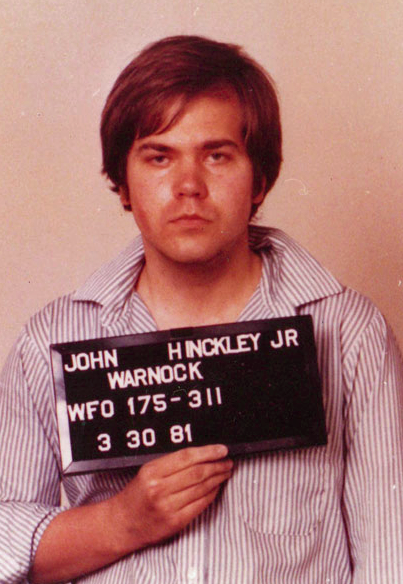
Jerri sat down with Washington Gov. Jay Inslee in 2018 to talk about gaps in the mental health care system. Courtesy Jerri Niebaum Clark
(11-17-21) This is part two of Advocate Jerri Niebaum Clark’s story about her struggles to help her son, Calvin, and how his death led to her advocacy.
Becoming A Parent Advocate: Part Two
First published in Kansas Alumni Magazine. Used by permission.
I remember a time when happiness and health felt normal. I left Lawrence, Kansas, and my position as an assistant editor for Kansas Alumni in 1995, newly married and five months pregnant. My husband, Matthew Clark, settled into a career with Hewlett-Packard. I became mother to baby Calvin and Michelle, 10 years older than he. I taught yoga and children’s ballet, work that blended well with parenting. We loved our Pacific Northwest home in Vancouver, Washington, where through the years we surfed off the Oregon coast and skied down Mount Hood.
Calvin became a state-champion debater and earned a scholarship to Willamette University in Salem, Oregon. Midway through his freshman year, he called in a rambling, tearful rant about being abandoned by fellow debaters. The details did not make sense. We brought Calvin home. Well past midnight, on February 16, 2015, I realized my baby boy had lost his mind.
Calvin’s speech was alarmingly disorganized and frantic. He did not sleep and was convinced a bathroom in our house was possessed and should never be entered again. A family doctor prescribed lithium. Calvin was at first relieved to have a diagnosis of bipolar disorder, like his paternal grandfather. This explained some of his confusion, so he agreed to take the medication. He got a job at the local farmer’s market selling cookies. He bought a Cookie Monster T-shirt. We were rearranged, but we were a family and happy to be together. There was even a magical day of surfing that spring when we all successfully caught overhead rides.
We came up for air, but the dangerous waves we would try to ride were just setting up. Events in the years to come tossed me around enough to reorder my understanding about what it means to be a parent, a compassionate person and an activist.







